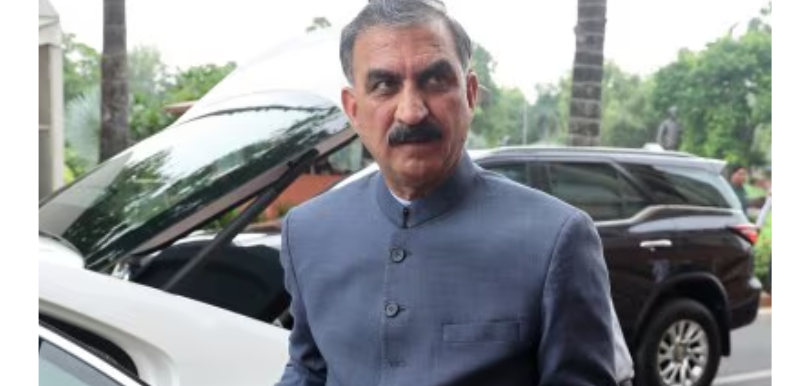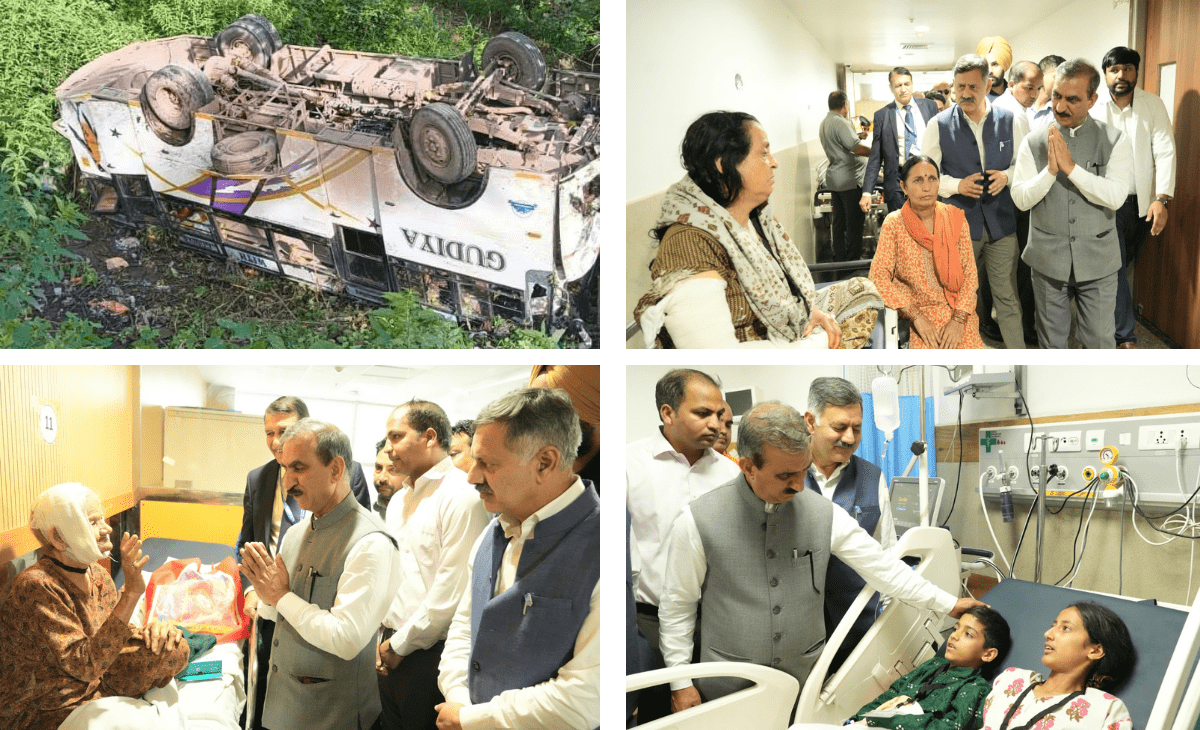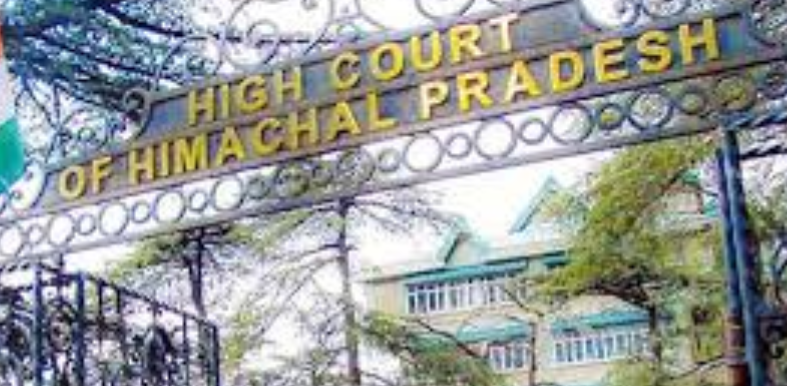In a matter of concern for the rural belts of Himachal Pradesh, the Jal Shakti Department has announced that the state’s 20 lakh rural water connections will now receive monthly water bills.
This development has left many families concerned, particularly as it comes with an additional financial burden in a region where water was previously free of cost.
The Jal Shakti Department has already gathered consumer data, revealing that approximately 50 per cent of these connections are held by consumers with two separate lines. These consumers will now be required to pay for both connections, with each one generating a bill of Rs 100 per month.
Also Read: https://thenewzradar.com/rakshabandhan-tying-rakhi-at-wrong-time-today-can-prove-inauspicious-know-the-best-period/
The department has begun working on the logistics of bill collection after receiving the necessary approval from the state cabinet. Many rural consumers initially obtained their water connections from the Jal Shakti Department and later added an extra line under the Jal Jeevan Mission.
The state government, however, has decided to continue providing free water to those in the BPL category, single women, widows and Divyang (differently abled) individuals. Local authorities are currently identifying eligible recipients and this information is being integrated into the department’s billing system.
This change marks a significant shift from the policy introduced by the previous Jai Ram Thakur-led BJP government, which had announced free water in rural areas in May 2022, just before the Assembly elections. The current Sukhu government has scaled back this initiative, citing the state’s precarious financial situation.
Adding to the concerns of rural residents, the state government also plans to install water meters in these areas in the near future. The Jal Shakti Department will oversee the installation of these meters in villages, including those with hotels, homestays, dhabas and other commercial activities. For such establishments, water will be billed at commercial rates, further increasing costs for rural entrepreneurs.





